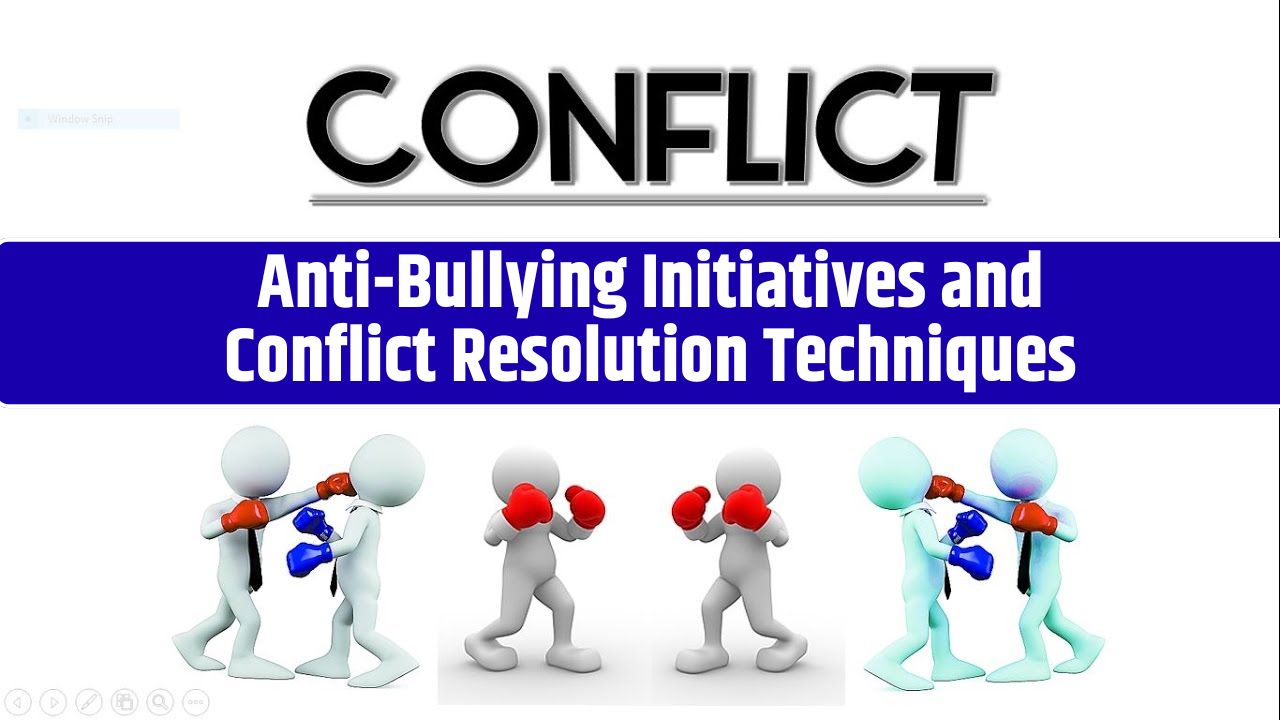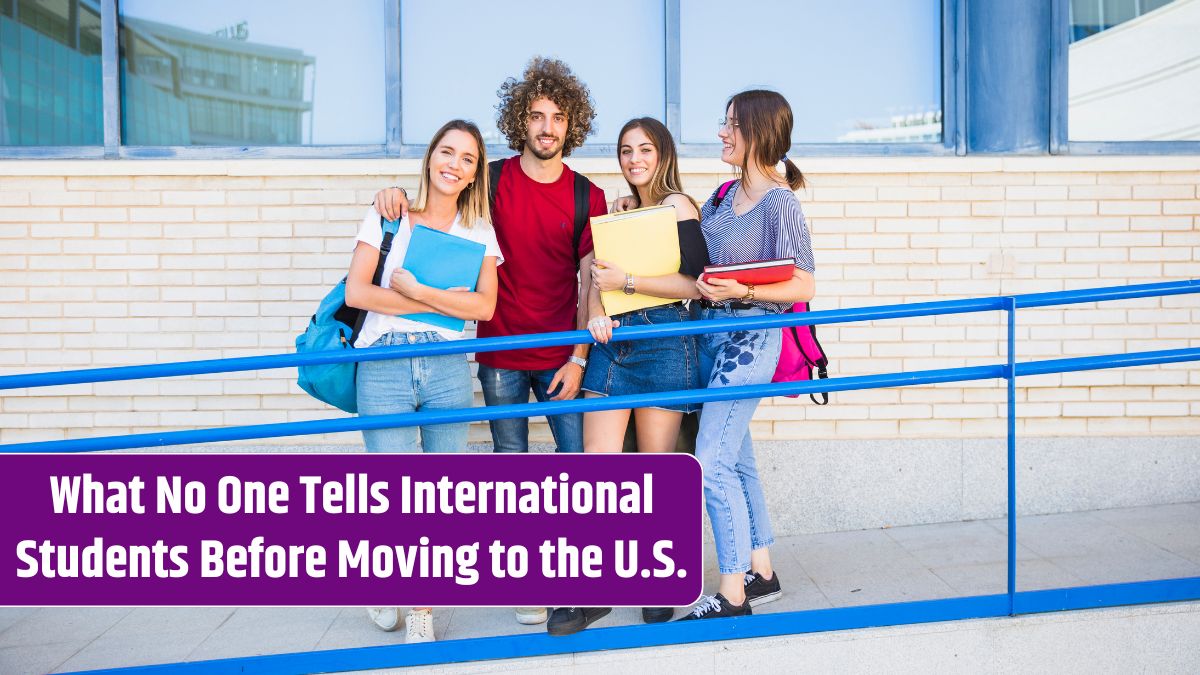At Cleveland Elementary, every student deserves to feel safe, respected, and supported. That’s why anti-bullying efforts and conflict resolution techniques are a top priority. These programs don’t just stop bad behavior—they teach empathy, promote communication, and help build a culture where kindness leads.
Here’s how Cleveland Elementary actively prevents bullying and empowers students to resolve conflicts in healthy, respectful ways.
Table of Contents
A Whole-School Approach to Preventing Bullying
Cleveland Elementary uses a proactive, school-wide strategy to address bullying before it starts. Teachers, administrators, counselors, and support staff work together to create a culture of respect, safety, and inclusion for all students.
Key components include:
- Clear anti-bullying policies shared with students and families
- Ongoing staff training on how to recognize and respond to bullying
- Classroom lessons focused on empathy, respect, and personal responsibility
The goal is to stop bullying before it escalates—through education, open dialogue, and early intervention.
What Counts as Bullying?
Understanding what bullying is—and what it’s not—is essential. Cleveland defines bullying as repeated, intentional harm directed at a student who may have difficulty defending themselves. This includes:
- Verbal bullying (name-calling, teasing, threats)
- Physical bullying (hitting, pushing, taking belongings)
- Social bullying (exclusion, spreading rumors)
- Cyberbullying (online harassment or threats)
All types of bullying are taken seriously and addressed promptly.
Student-Led Solutions and Peer Empowerment
1. Peer Mediation Programs
Select upper-grade students are trained in basic conflict resolution and serve as peer mediators. With adult supervision, they help classmates talk through disagreements in a calm, structured setting. This teaches accountability and helps students see different perspectives.
2. Classroom Circles
Teachers regularly use restorative circles to help students build trust, share concerns, and develop empathy. These safe, respectful discussions give students a voice and build stronger peer relationships.
Skills-Based Conflict Resolution
Cleveland Elementary integrates Social-Emotional Learning (SEL) into the curriculum, teaching kids how to manage their emotions, resolve disagreements, and build healthy friendships.
Skills students learn include:
- Using “I” statements to express feelings
- Listening without interrupting
- Identifying emotions and triggers
- Practicing empathy and kindness
- Knowing when and how to ask an adult for help
These strategies are introduced early and reinforced consistently across grade levels.
Anti-Bullying Events and Campaigns
Throughout the school year, Cleveland hosts events to raise awareness and build momentum around its anti-bullying goals.
Some highlights:
- Unity Day: Students wear orange to show solidarity against bullying
- Kindness Week: Challenges and classroom activities that promote acts of kindness
- Student Assemblies: Featuring role-plays, speakers, and videos that reinforce the message that bullying is never okay
These events help keep the conversation going and create a visible culture of care.
Family Involvement and Resources
Parents are key partners in Cleveland’s anti-bullying efforts. The school offers:
- Parent workshops on bullying prevention and digital safety
- Resources to help families discuss conflict and kindness at home
- Clear reporting systems so families can alert staff to concerns
By working together, families and schools can ensure kids feel safe both in and out of the classroom.
FAQs:
What should a student do if they’re being bullied?
Tell a trusted adult right away—whether it’s a teacher, counselor, or family member. Cleveland has systems in place to support students and take action quickly.
Can students report bullying anonymously?
Yes, students can use a confidential reporting system to share concerns with staff.
How does Cleveland support students who have bullied others?
Students are held accountable but also offered support, reflection time, and opportunities to change their behavior through counseling and restorative practices.
Does the school address online bullying?
Absolutely. Digital citizenship and cyberbullying prevention are taught in technology lessons and reinforced through school rules.






















